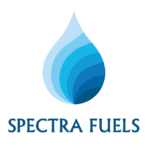Knowledge
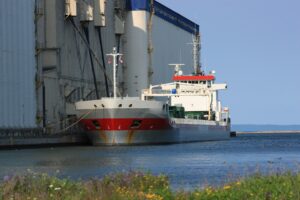
Green vs. Blue Ammonia in Shipping: A Techno-Environmental Trade-off
As the global shipping industry sets its sights on a low-carbon future, alternative fuels have gained prominence. Among these, ammonia stands out for its zero-carbon
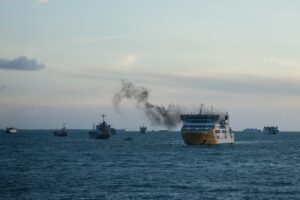
Carbon Capture & Storage at Sea: Integrating CCS with Onboard Fuel Systems
Introduction As the maritime industry accelerates its shift toward sustainability, it faces the challenge of reducing greenhouse gas (GHG) emissions without compromising global trade efficiency.

Techno-Economic Analysis of Ammonia and Methanol as Future Bunker Fuels
Introduction The maritime industry is undergoing a historic transformation driven by regulatory pressure, stakeholder demands, and environmental urgency. With the International Maritime Organization (IMO) targeting
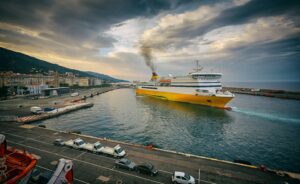
Managing Bunker Fuel Contamination: Causes, Detection, and Mitigation Strategies
Bunker fuel is the lifeblood of the global shipping industry, powering millions of vessels that traverse the world’s oceans. However, its importance goes beyond merely
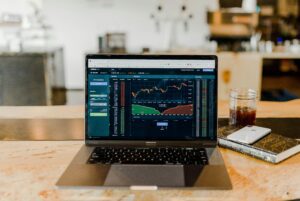
Bunker Fuel Procurement Strategies in a Volatile Market
In recent years, the bunker fuel industry has become increasingly volatile, driven by factors ranging from geopolitical instability to regulatory changes and market demand fluctuations.
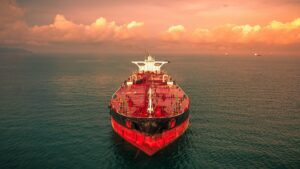
Fuel Lubricity and Engine Compatibility: Overcoming Operational Hurdles in the Post-IMO 2020 Era
The maritime industry has undergone a significant transformation in recent years, primarily driven by the implementation of the International Maritime Organization’s (IMO) 2020 sulfur cap
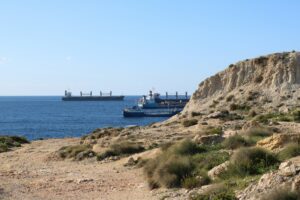
Traceability and Transparency in Bunker Fuel Supply Chains: Leveraging Blockchain for Quality Assurance
Introduction: The Growing Importance of Traceability and Transparency in Bunker Fuel Supply Chains In today’s maritime industry, ensuring the quality and integrity of bunker fuel
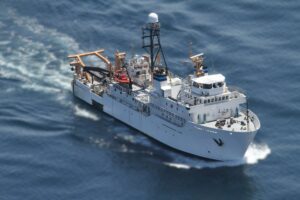
The Impact of Viscosity Variations on Marine Engine Performance and Fuel Consumption
Introduction: The Subtle Influence of Viscosity on Marine Engines Viscosity is a fundamental property of fuel that plays a crucial role in the performance of

Detecting Cat Fines in Bunker Fuel: Enhancing Fuel Safety and Engine Protection
Introduction: The Unseen Threat Lurking in Bunker Fuel In the complex and dynamic world of maritime operations, the health of a vessel’s engine is paramount.

Comparative Study of Marine Biofuels: MGO, HVO, and FAME
Marine biofuels are increasingly being considered as viable alternatives to traditional fossil fuels in the maritime industry. The drive toward sustainability, coupled with stringent environmental
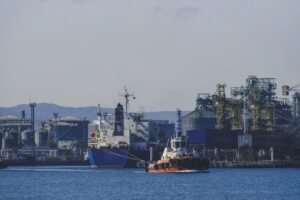
Digital Disruption in Bunkering: Transforming Supply Chain Efficiency
The bunkering industry, traditionally characterized by manual processes, paper-based transactions, and a lack of transparency, is now embracing digital technologies to enhance supply chain efficiency,
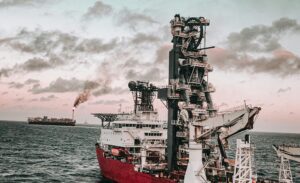
Investing in Green Bunker Infrastructure: Importance, Opportunities, and Challenges
The maritime industry, a critical component of global trade, is undergoing a transformative shift toward sustainability. As the world grapples with climate change and environmental
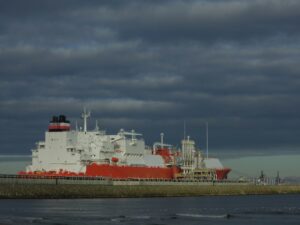
The Role of Machine Learning in Enhancing LPG Quality Control During Bunkering
Liquefied Petroleum Gas (LPG) is a versatile and widely used fuel source, particularly in the maritime industry. During the bunkering process, where LPG is transferred
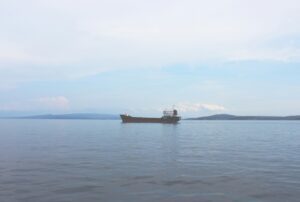
The Dynamics of VLSFO Pricing: Trends and Implications in the Global Maritime Sector
Introduction Overview of VLSFO Very Low Sulfur Fuel Oil (VLSFO) is a type of marine fuel oil that contains a maximum sulfur content of 0.5%

Economic Impact Analysis of AI and Automation Adoption in the LPG Bunkering Sector
As the maritime industry faces increasing pressure to reduce its environmental footprint, LPG bunkering has become a viable solution for achieving sustainability goals. AI and

Biofuels: Understanding the Biofuel Feedstock
Key Factors for Feedstock Selection Selecting the right feedstock is crucial in biofuel production as it directly impacts the efficiency, sustainability, and economics of the

Fuel Quality Concerns with VLSFO: Identifying and Mitigating Risks
Innovations in Bunker Fuel Sampling and Testing Techniques In the quest to align with stringent environmental standards, the maritime industry has increasingly turned to Very Low

Exploring the Variations and Impacts of Regional LNG Properties on Marine Fuel Efficiency and Environmental Compliance
Introduction Liquefied Natural Gas (LNG) has emerged as a promising alternative fuel for the maritime industry, driven by stringent environmental regulations and the need for
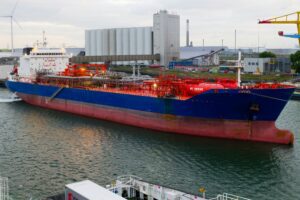
Advanced AI Techniques for Leak Detection and Prevention in LPG Bunkering Pipelines
Introduction: The global energy landscape is constantly evolving, with liquefied petroleum gas (LPG) playing a pivotal role as a clean and efficient fuel source. As
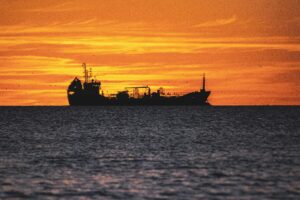
Scrubber Technology and its Impact on Fuel Consumption
Definition and Functionality of Scrubber Technology Scrubber technology refers to a system designed to remove harmful pollutants, particularly sulfur oxides (SOx), from exhaust gases emitted

Innovations in Bunker Fuel Sampling and Testing Techniques
Introduction The maritime industry stands at a pivotal crossroads, where the demand for efficient fuel usage intersects with stringent environmental regulations. At the heart of

Intelligent Bunker Procurement Systems Using AI Analytics
Introduction The maritime sector is increasingly adopting artificial intelligence (AI) and advanced analytics to streamline operations, including the acquisition of bunker fuel. As bunker fuel

Unlocking Potential: Zero Carbon Bunker Fuels
In the quest for a sustainable future for the maritime industry, the development of zero-carbon bunker fuels has emerged as a critical imperative. As the
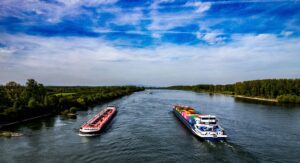
Simulation based evaluation of fuel consumption in ships
Fuel consumption in the maritime industry is a critical aspect that directly impacts operational costs, environmental sustainability, and regulatory compliance. Ships, especially large cargo vessels,
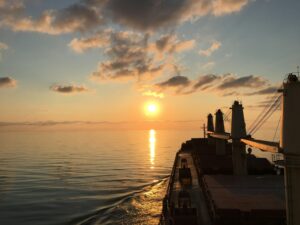
Comparative Study Biofuels and Conventional Fuel: Analysing the Engine Performance
Introduction Comparing biofuels and regular fuels involves discussing the key differences and consequences of using biofuels instead of fossil fuels. Biofuels, originating from biomass such
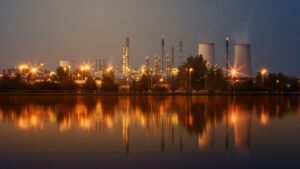
Technical Insights: The Chemistry of VLSFO
Introduction VLSFO, standing for Very Low Sulfur Fuel Oil, represents a category of marine fuels designed to meet the International Maritime Organization’s (IMO) 2020 regulations
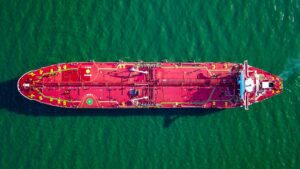
Microbial Contamination in Bunker Fuels: Detection, Prevention, and Remediation Strategies
Introduction This article examines the pressing issue of microbial contamination in bunker fuels. Given its capacity to degrade fuel quality, corrode equipment, and disrupt operations,
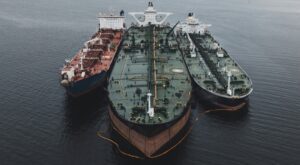
Exploring the Fundamental Differences Between Dual Fuel and Conventional Engines
Introduction The maritime industry faces a crucial moment as it seeks propulsion solutions balancing tradition and innovation, with shipowners increasingly prioritizing performance, efficiency, and environmental

Bunkering Automation and Robotics: Advancements in Fuel Transfer Systems
The advancements in bunkering automation and robotics have sparked a transformative wave in the maritime industry, revolutionizing fuel transfer processes. Cutting-edge technologies like a robotic

Slow steaming in the maritime industry and its implication on bunkering
Slow steaming, a prevalent maritime practice, involves ships operating at reduced speeds compared to their maximum capacity, resulting in significant reductions in fuel consumption and
